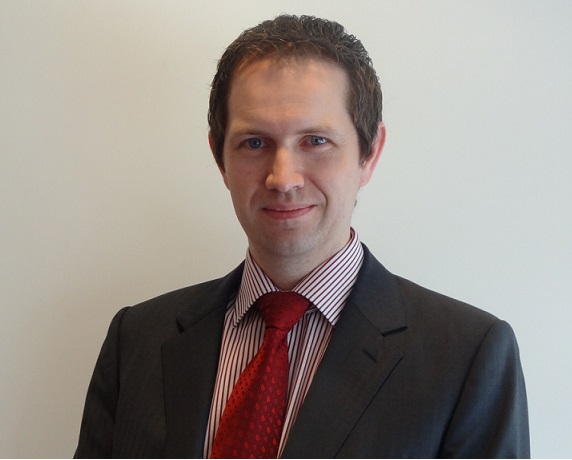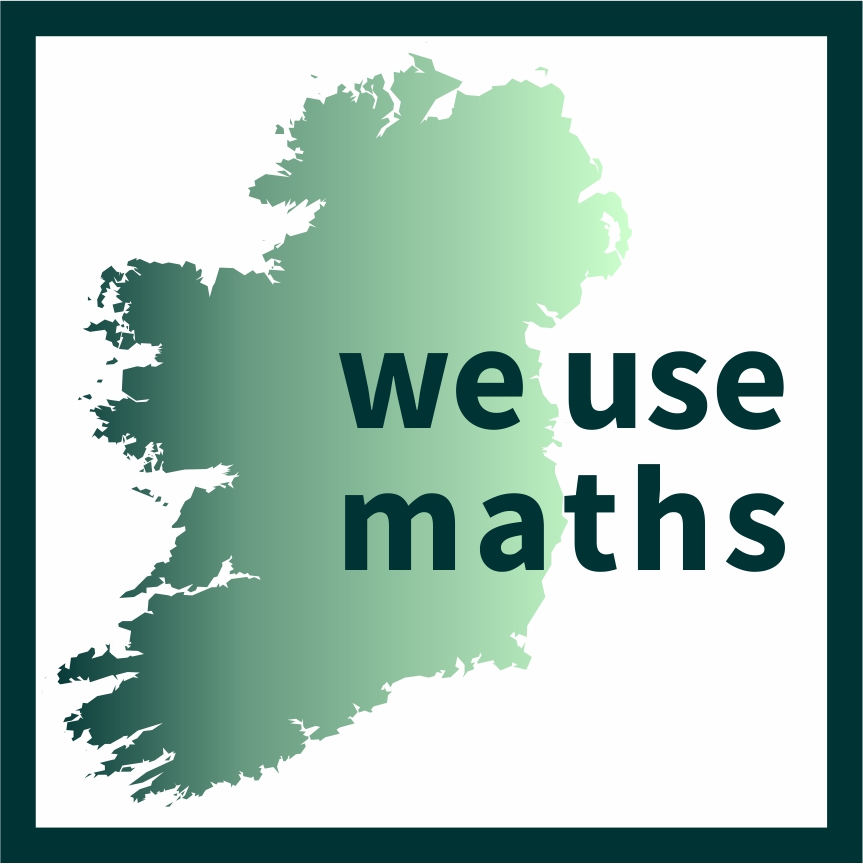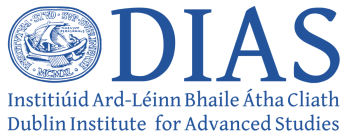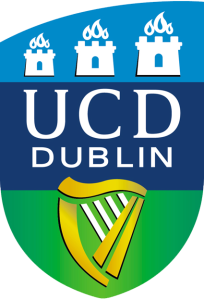Stuart O’Neill:
VP – Citi Private Equity Services

Your name?
Stuart O’ Neill
Your job title?
Vice President – Citi Private Equity Services
Questions about your current Job
I am responsible for running the Private Equity Accounting and Administration teams in Dublin and Luxembourg covering clients in the EMEA region (Europe, Middle East and Africa).
Describe a typical day?
Daily activities can vary widely for me and my role is broad. Some examples of what I do are:
-
Coordinate the activities of the Private Equity groups in Dublin and Luxembourg
-
Speak to potential clients to determine resource requirements and costing for future business
-
Coordinate interaction with internal departments which support the Private Equity administration business
-
Working with different areas of the bank as the need arises
What do you find most interesting ?
One of the best things about this job is that 2 days are rarely the same.
What’s not so cool? What are the main challenges?
Working in a large bank with approximately 250,000 employees can sometimes be challenging to navigate!
How do you use mathematics within your job?
Generally I do not use Mathematics in my current day-to-day role as my current focus is on management. What I have found extremely useful in my career is the mental agility and way of thinking that Mathematics encourages. I would not have often used specific mathematical methods that I learned in college (although that did happen from time-to-time), but studying maths definitely provided me with the tools to perform in my role.
What type of mathematics do you use to solve problems?
See above.
Who or what has most influenced your career direction?
I tended to do my own thing when deciding on my career direction. Simply put, I did maths in college because I enjoyed maths in secondary school. For my career, when I left college the financial services industry was buoyant and it seemed to be the place to go. I had no difficulty in getting my first job and everything evolved from there. Within my professional career I tended to roles that had attributes that I liked. It might sound clichéd, but a lot of people forget it – it is important to like what you do (even if we all have bad days).
Does your job allow you to have a lifestyle you are happy with?
I am fortunate to have a lifestyle that I enjoy. I have a young family and while the working week does not allow me much time to spend with them, the weekends remain my own.
What subjects did you take (and why did you take them?) in school and did they influence your career path?
For my leaving cert I took Maths, Applied Maths, Physics, Chemistry and Business Studies (in addition to French, English and Irish). Maths, Applied Maths and Physics in particular were the subjects that appealed to me most. As I’ve said, I decided upon Maths in college because I enjoyed Maths in school and I’ve certainly been happy with that decision. I also had an interest in Engineering which encouraged me to pursue my Masters following my degree.
What is your education to date?
Mercy Secondary School, Kilbeggan
Mathematics degree in Trinity College, Dublin
Engineering Masters (Civil Engineering) in University College Dublin
Chartered Certified Accountant with ACCA (Association of Chartered Certified Accountants)
What aspects of your education have proven most important for your job?
Were there any courses /subjects /modules that were particularly relevant?
I think that all areas of my education have been important in different ways. My Mathematics degree provided me with a lot of skills and the ability to think around problems. My Engineering masters encouraged me to step out of my comfort zone into an area with which I had little background – the ability to succeed in such circumstances are very important in anyone’s career. My ACCA qualification has strong relevance to the industry I currently work in.
Did you like maths at school?
What you found easy, what you found hard, how did you overcome these difficult parts of mathematics (if at all)?
I enjoyed maths at school. It was a subject that I did not find difficult. I always enjoyed problem solving so maths was a subject that always appealed to me.
What aspects of the mathematics curriculum or mathematics courses have proven most important for your job?
Were there any courses or specialty branch of mathematics that were particularly relevant?
See above
What other skills do you think someone should obtain if they wanted to pursue your career?
For example computer coding, project management, languages.
People in the broader financial services industry come from a very wide variety of backgrounds. Specific skills may become more important after you decide on your chosen career which is why people often take up accountancy, MBA’s etc after they start working. To pursue my career specifically – generally people working in Private Equity admin would have a background in accounting/business or some other degree or work experience that is relevant or shows a strong degree of analytical thinking.
What advice would you give to someone considering this job?
What qualities / skills / values / interests / education would someone need to have to ‘fit’ your job? What can give them an ‘edge’?
I think that one of the most important things is to be flexible. Your actual job probably won’t quite be what it seemed on the job description, but a proven ability to be able to work well and in different circumstances can be a key factor in progressing your career. Always try to keep an open mind. Often people start work after they finish college and think that they know it all. But it’s like your first day at school, or your first day at college – you are there to learn and despite what you learned before, it will be something new.
What kinds of work experience would provide a good background for this position?
Include any similar types of work that might help provide a ‘taster’ for the position.
The best way to get experience for financial services is to get on a summer placement or a work placement with a company like Citi. Try to do some research before you apply for these roles and try to understand what the job functions are – even within Citi in Dublin there are a very large number of diverse roles, so try to go in the direction that would most interest you.





